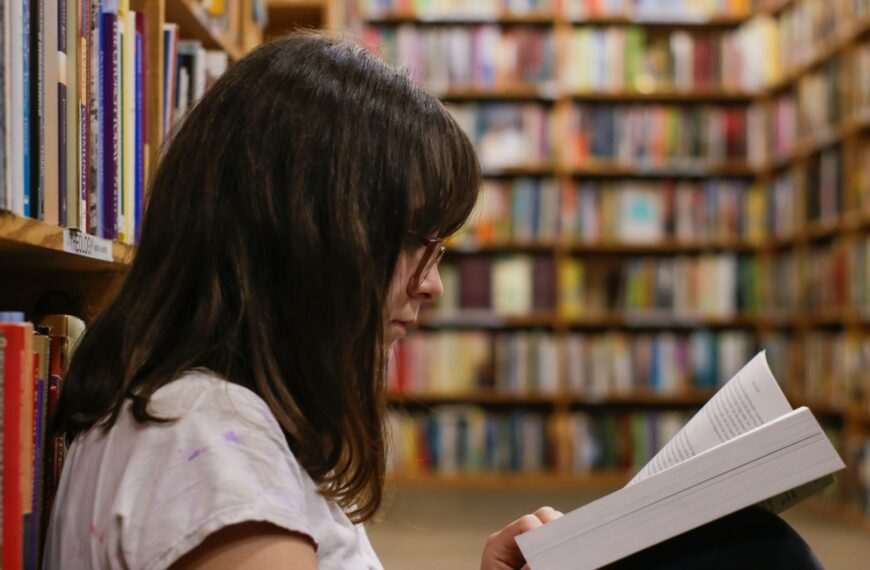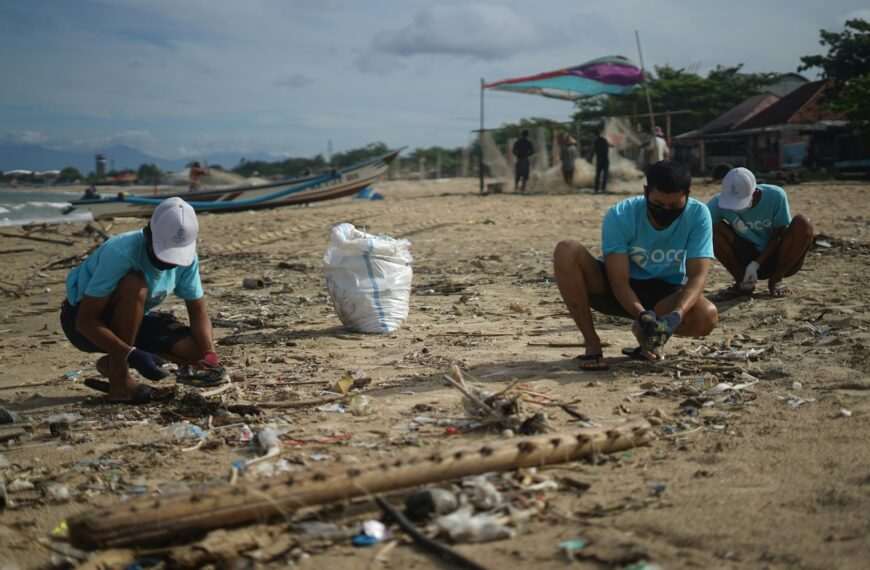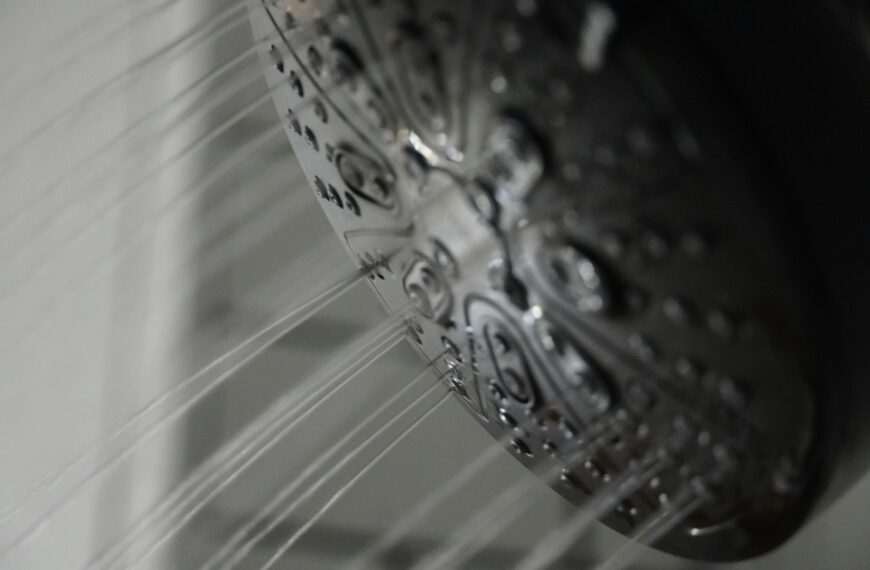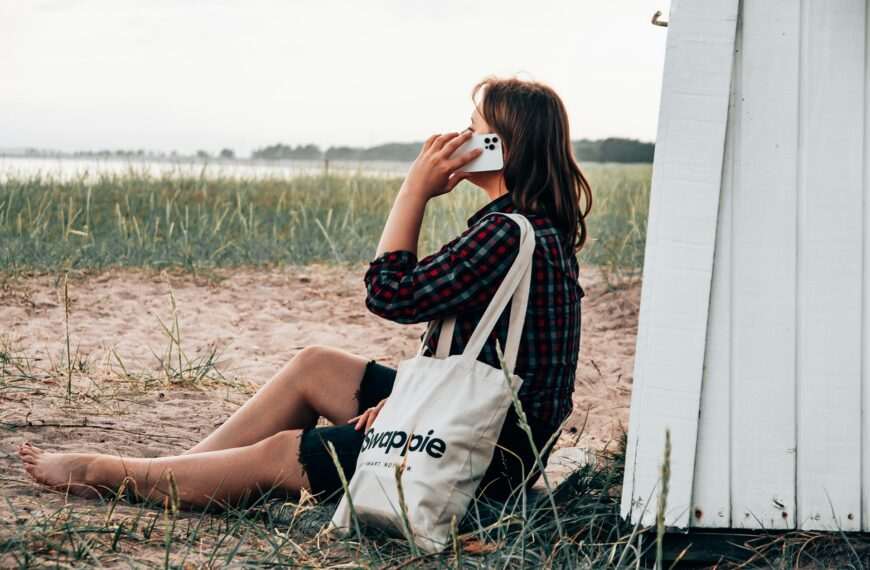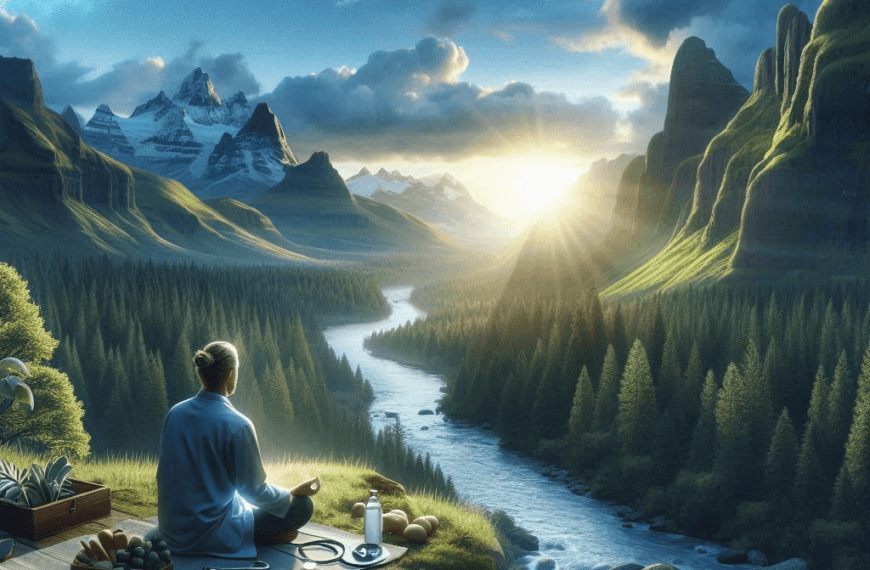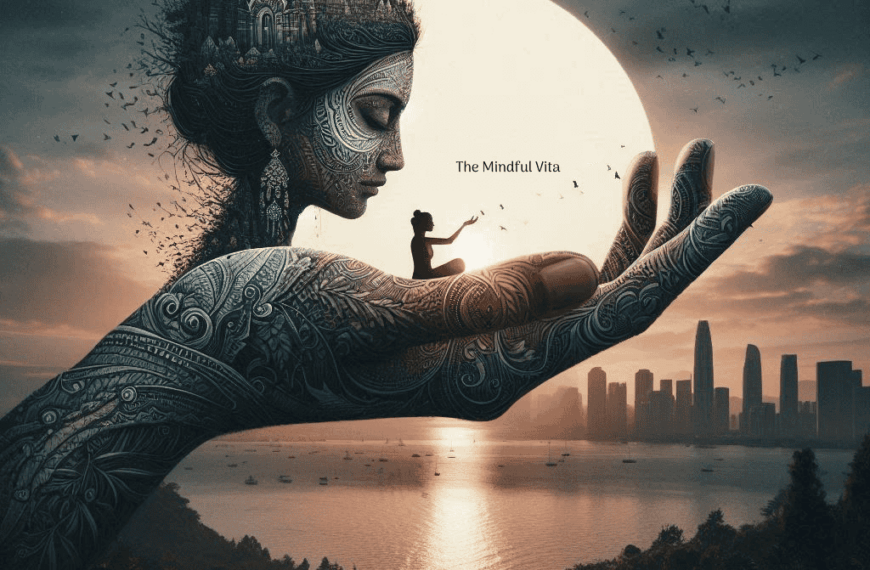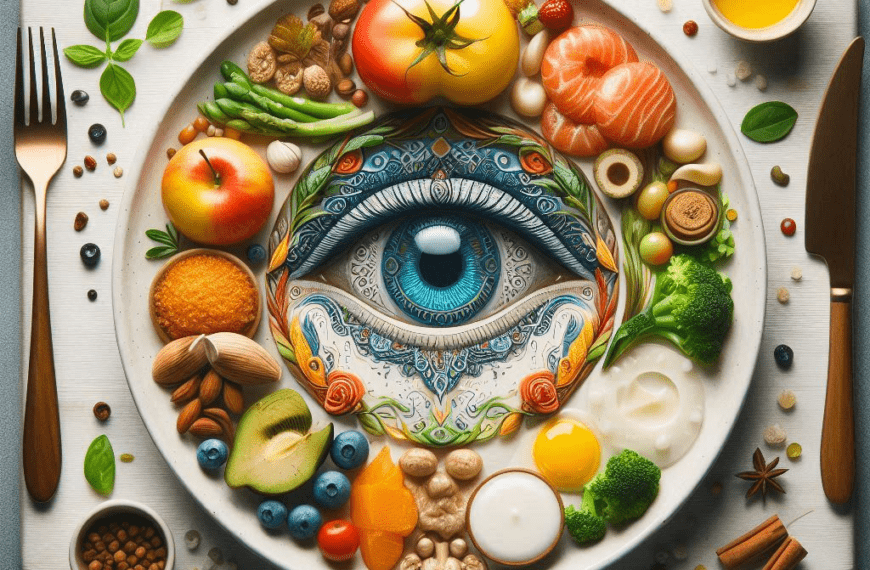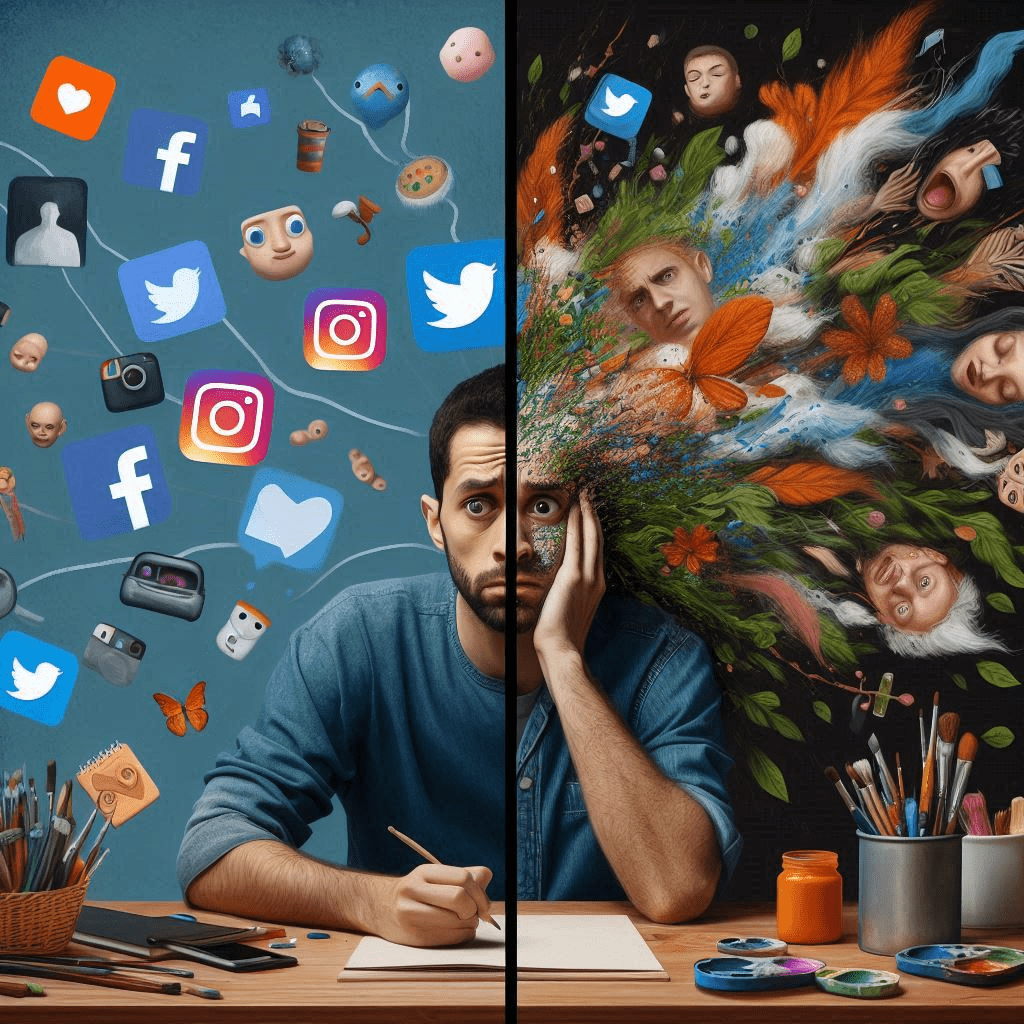
In our hyper-connected world, where scrolling through social media feeds has become as reflexive as breathing, we often forget to ask: at what cost? I’m no stranger to this digital dance. As a content creator and self-proclaimed social media enthusiast, I spent years believing that constant connectivity was the key to success. But what I discovered during my recent digital detox not only surprised me but also profoundly changed my approach to creativity, relationships, and mental well-being.
The Siren Call of Social Media
Let’s face it, social media platforms are designed to keep us hooked. The endless scroll, the dopamine hit of likes and comments, the FOMO (fear of missing out) – it’s a psychological minefield. According to a 2021 study by the Pew Research Center, 72% of Americans use some type of social media. That’s a lot of thumbs scrolling, a lot of minds constantly pulled in different directions.
For me, it started innocently enough. Instagram for sharing my mindfulness journey, Twitter for networking, Facebook for staying in touch with old friends. But soon, I found myself checking notifications during meals, scrolling through Twitter instead of reading before bed, and yes, even sneaking peeks during yoga sessions. The irony of disrupting my mindfulness practice with social media wasn’t lost on me, but I felt powerless to stop.
The Mental Health Toll of Always Being “On”
This constant digital connectivity comes at a price. A 2020 study published in the Journal of Social and Clinical Psychology found a causal link between social media use and increased depression and loneliness. It makes sense. We’re bombarded with curated highlight reels of others’ lives, leading to feelings of inadequacy. We’re exposed to a relentless news cycle that can fuel anxiety. And let’s not forget the trolls and toxic debates that can leave us feeling drained and disheartened.
I noticed the signs in myself: trouble focusing on writing projects, restless sleep plagued by the glow of my phone, and a nagging sense of emptiness despite my growing follower count. My relationships were suffering too. I was physically present but mentally absent during conversations, my mind always half-wondering if I was missing an important notification.
The Digital Detox Decision
That’s when I decided enough was enough. Inspired by Cal Newport’s book “Digital Minimalism,” I planned a structured, 30-day digital detox. Here’s what it looked like:
- No social media: Cold turkey. I deleted all social media apps from my phone.
- Limited email and messaging: I checked emails twice a day and used messaging only for essential communication.
- Notification blackout: All non-essential notifications were turned off.
- Tech-free zones: No devices in the bedroom or during meals.
- Mindful tech use: When I did use technology, it was with intention, not as a reflex.

Unexpected Benefits of Unplugging
1. Rediscovering Deep Work and Creativity
Without the constant ping of notifications, I found myself able to dive into what Newport calls “deep work.” I could write for hours without interruption, and the quality of my work skyrocketed. Ideas that had been drowned out by the noise of social media started to surface.
I picked up my long-neglected sketchbook and started drawing again, a hobby I’d abandoned years ago. The act of creating without the pressure to share or get validation was liberating. By the end of the month, I’d written more and created more art than I had in the previous six months combined.
2. The Joy of Boredom and Mindfulness
At first, the lack of social media left me feeling antsy. But as days passed, I started to appreciate the moments of “boredom.” Instead of reaching for my phone, I’d take a walk, noticing the changing leaves and the sound of birds I’d previously tuned out. My mindfulness practice deepened. During meditation, without the residual buzz of social media in my mind, I experienced a level of calm and clarity I hadn’t known was possible.
3. Deeper, More Meaningful Relationships
The most profound change was in my relationships. Without the crutch of social media, I started having real, uninterrupted conversations. I called friends instead of just liking their posts. Family dinners became a time of genuine connection and laughter, not just a backdrop for Instagram stories.
My partner noticed the change too. “It’s like I’ve got you back,” she said one evening as we sat on the porch, talking for hours like we used to when we first met. I realized that by trying to stay connected to everyone online, I’d been disconnecting from the people right in front of me.
4. Better Sleep and Mental Health
The effects on my sleep were almost immediate. Without the blue light and stimulation of late-night scrolling, I started falling asleep faster and waking up refreshed. According to the National Sleep Foundation, blue light from devices can suppress melatonin production, disrupting our natural sleep cycles.
But it wasn’t just better sleep. Without the constant comparison and information overload, my anxiety levels dropped. I no longer woke up with a sense of dread, anticipating a day of digital demands. Instead, I felt calm, focused, and genuinely excited about my projects and interactions.
Reintegrating Social Media Mindfully
After 30 days, I didn’t want to give up social media entirely. It has its place for networking and sharing. But I needed a more mindful approach. Here’s what I did:
- Set strict time limits: I use apps to limit social media to 30 minutes a day.
- Curate ruthlessly: I unfollowed accounts that didn’t add value and focused on those that inspire and inform.
- Post with purpose: I share when I have something meaningful to say, not just to keep up engagement.
- Tech-free days: I have one completely unplugged day a week for deep work and connection.
The Ripple Effect of Digital Mindfulness
The changes in my life have inspired others. Friends have started their own digital detoxes. My social media followers, though I engage with them less frequently, appreciate the more thoughtful content. And the best part? My relationships are thriving. I’m more present, more creative, and frankly, more myself than I’ve been in years.
In this age of information overload, taking a step back isn’t just beneficial; it’s essential. A digital detox isn’t about luddism; it’s about reclaiming our time, our creativity, and our peace of mind. It’s about using technology as a tool, not letting it use us.
So, I challenge you: try your own digital detox. Start small if a full 30 days seems daunting. The journey to digital mindfulness is personal, but the rewards – deeper creativity, stronger relationships, and a calmer mind – are universal. In unplugging, you may just rediscover the parts of yourself that have been drowned out by the digital noise. Trust me, the real world is waiting, and it’s more vibrant and fulfilling than any newsfeed could ever be.

